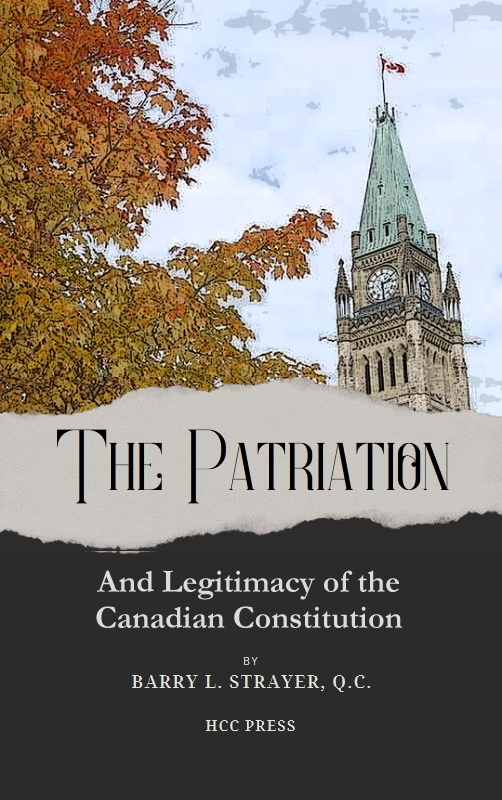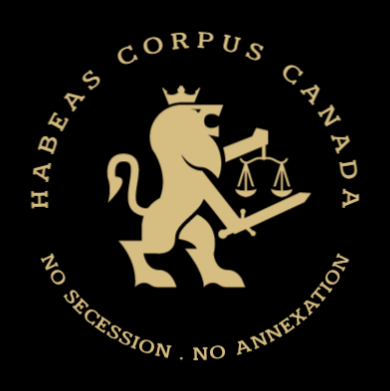political legitimacy for Canadian constitutional amendments must be found in Canada.
During the period of 1907 to 1967, however, the expression of that political legitimacy or political will became increasingly fragmented. This fragmentation all started with the problem over provincial subsidies which had been fixed in s. 118 of the original British North America Act. Those subsidies were stated in 1867 to be “in full settlement of all future demands on Canada”, but it was not long before they became the subject of governmental tinkering so that consequently, by 1906, the original scheme was quite distorted. Apart from that, several new provinces had joined Confederation and economic times had changed. Therefore, a federal-provincial conference was held in 1906 to discuss a revision of the subsidies. An agreement finally was reached between the federal government and all provinces except British Columbia with respect to a new basis for provincial subsidies to be provided by Parliament. A joint address was passed by the two Houses of the Canadian Parliament and submitted to London, requesting the necessary constitutional amendment. The British North America Act of 1907 subsequently was adopted, notwithstanding the objections of British Columbia, although there remained some dispute as to whether minor changes in its wording made in London were the result of objections by British Columbia or by British parliamentary draftsmen.
The important thing for our purposes was the precedent which was set — namely, that the provinces were consulted and their agreement sought before the amendment was requested from Westminster.
From then on, the provinces were involved more frequently, though not invariably, in constitutional amendments affecting their interests. For example, they were not consulted about the British North America Act, 1915, which altered the number and distribution of senators and affected provincial representation in the House of Commons. But in 1927, the first of the great federal-provincial conferences on patriation and amendment of the constitution — the conferences we have all come to know and love — was held under the chairmanship of Prime Minister MacKenzie King. He and his Minister of Justice, Mr. Lapointe, put forward a proposal for an amending formula which would have entrenched the role of the provinces in the amendment process. While nothing came of that conference, the provinces subsequently were consulted on the proposed Statute of Westminster. In early 1931, they approved the adoption of that Statute in general and, in particular, agreed to the wording for s. 7, the special section dealing with Canada. Meanwhile, the British North America Act of 1930 had been adopted, transferring their natural resources to Manitoba, Saskatchewan and Alberta; those amendments were, of course, passed only with the specific approval of the legislatures of the three provinces affected.

